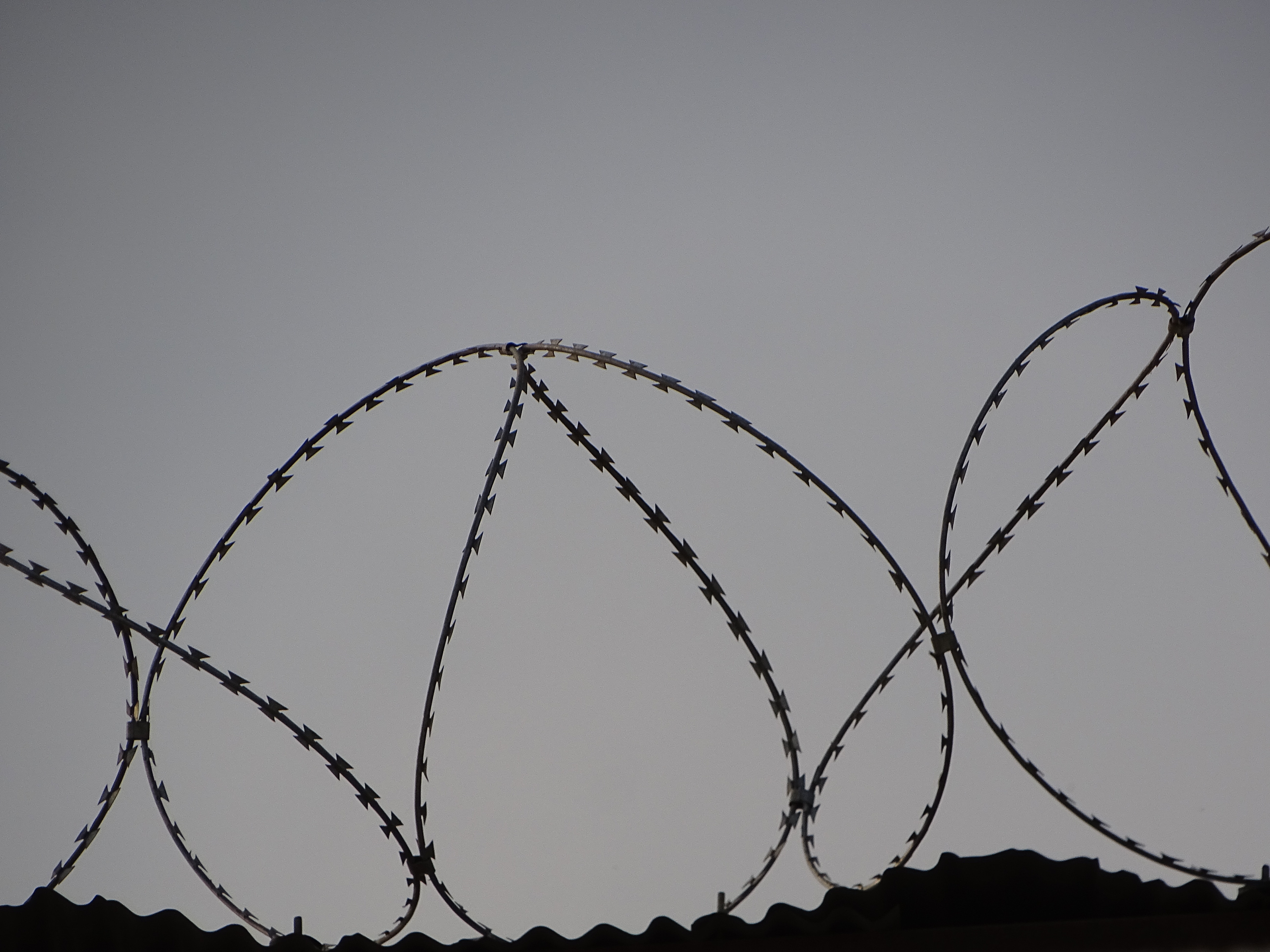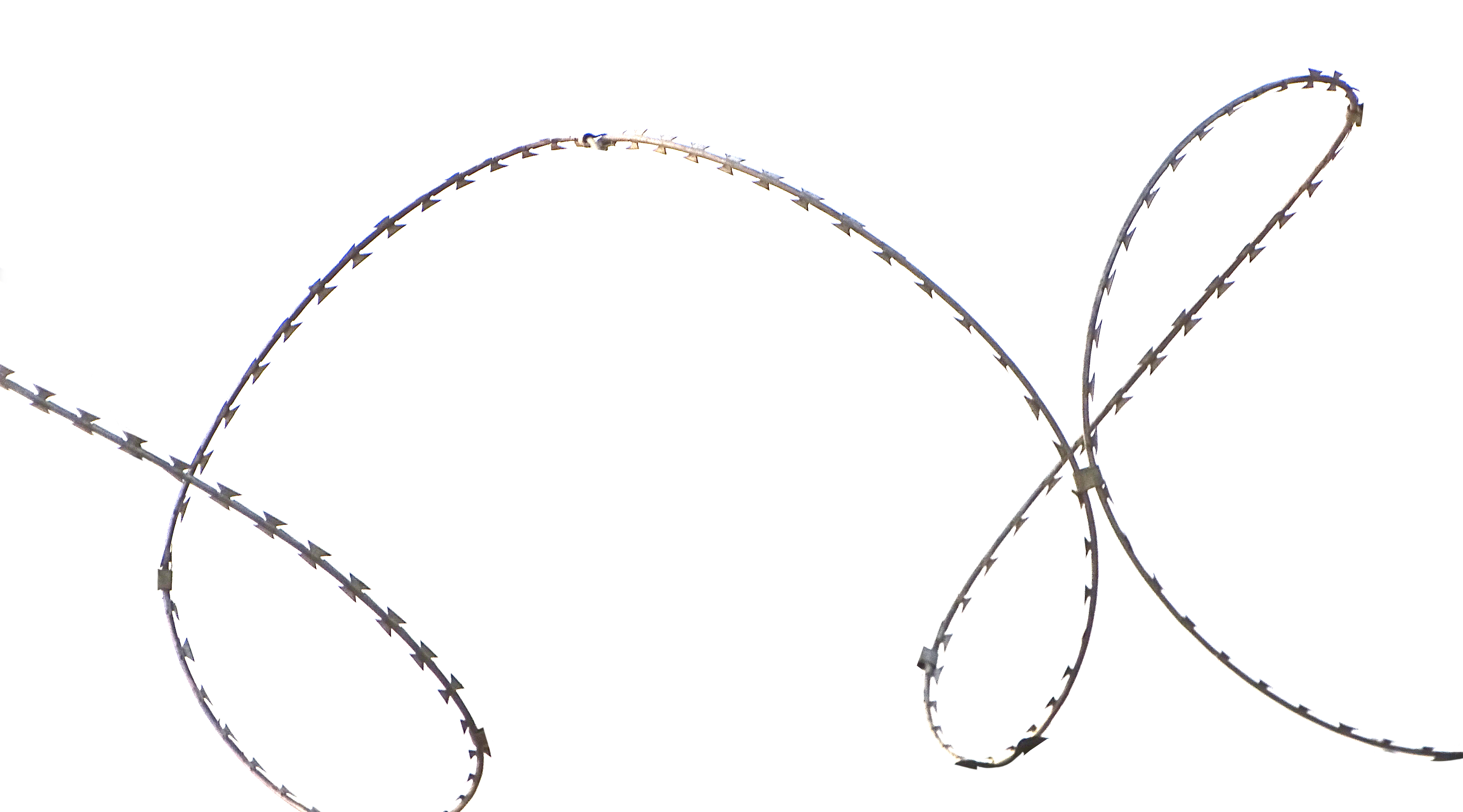Issue:

TOGETHER WE STAND
WITH PRESS FREEDOM UNDER ATTACK
ACROSS ASIA, CORRESPONDENTS’ CLUBS
THROUGHOUT THE REGION JOIN FORCES
SIMON DENYER
With press freedom in Asia under intensifying attack, the region’s foreign correspondents’ clubs are forging a united front.
In a very rare move, seven clubs and associations for the foreign press came together to issue a joint statement in December expressing concern about the detention of Bloomberg journalist Haze Fan by the Chinese authorities.
Fan’s detention strikes at an issue of central concern to all foreign correspondents – the safety of the national staff who work alongside us and may not enjoy the same protections as we do.
But it also reflects a significant deterioration in press freedom across Asia, led by an increasingly authoritarian Chinese government, and fueled by the uncertainty created by the coronavirus pandemic, according to the industry watchdogs Reporters Without Borders.
The FCCs of Japan, Hong Kong, Jakarta, the Philippines, South Asia, Taiwan and Thailand joined hands to back a statement by the FCC in China seeking an explanation from the authorities for Fan’s detention.
The statement was coordinated by the FCCJ’s Freedom of the Press committee, which has set out to forge closer links between foreign correspondents’ clubs across Asia as part of its mandate to “defend the freedom of the press and the free exchange of information,” a key objective laid out in the club’s Articles of Association.

Reporters Without Borders (RSF) says Asia is home to the world’s biggest prisons for journalists and bloggers – especially China and Vietnam – the deadliest countries, including Afghanistan, Pakistan, the Philippines and Bangladesh, and two of the most repressive, North Korea and Laos.
Six FCCs came together again in January to issue a strong protest against the convictions and harsh prison sentences of between 11 and 15 years handed down by a Vietnamese court to three Vietnamese journalists, Pham Chi Dung, Nguyen Tuong Thuy and Le Huu Minh Tuan, for “spreading anti-state propaganda”.
Vietnam imprisoned 28 journalists in 2020, highlighting the growing contradiction between its efforts to portray itself as a modern state and friend of the West, and the reality of censorship and repression under one-party rule, as the joint statement noted.
There has never been a more important time for foreign correspondents’ clubs to stand together, and to stand alongside national journalists across the region.
Reporters Without Borders (RSF) says Asia is home to the world’s biggest prisons for journalists and bloggers – especially China and Vietnam – the deadliest countries, including Afghanistan, Pakistan, the Philippines and Bangladesh, and two of the most repressive, North Korea and Laos.
Cédric Alviani, the East Asia bureau head for RSF, said press freedom in Asia was continuing to deteriorate, due in part to “the very bad example set by the Chinese regime in the past six to seven years,” and its repression of both professional and citizen journalists.
In late December, citizen journalist Zhang Zhan was jailed for four years for her video and blog reports from the coronavirus lockdown in Wuhan.
Alviani said seven journalists remain behind bars in China due to their reporting of the pandemic, and pointed out that the Communist Party’s censorship had a key role in allowing the virus to spread unchecked in the initial weeks of the outbreak.
In addition, democracies across the world have used the pandemic as an excuse to reduce the space for the transparent flow of information, he added.
The Trump administration has been “the worst possible exemplar” in its attitude towards the press over the past four years, according to Alviani, who said he was also “very disappointed” by the failure of Japanese Prime Minister Yoshihide Suga to make any attempt at improving the situation for press freedom here.
“Because democracies are not able to be exemplars of press freedom, authoritarians feel entitled to extend their repressive apparatus,” he said. “Japan should be a better example. Considering its power, we cannot accept Japan would just be an average country (for press freedom).”
To further its mandate, the Freedom of the Press Committee is planning to revive the FCCJ Freedom of the Press Awards this year.
As well as an award for a Japanese individual or media organization whose coverage exemplifies the value of press freedom, we also plan to create another award that recognizes efforts to support press freedom and confront the powerful elsewhere in Asia.
● Simon Denyer is the Tokyo bureau chief of the Washington Post, covering Japan, North Korea and South Korea, and co-chair of the FCCJ Freedom of the Press Committee.

